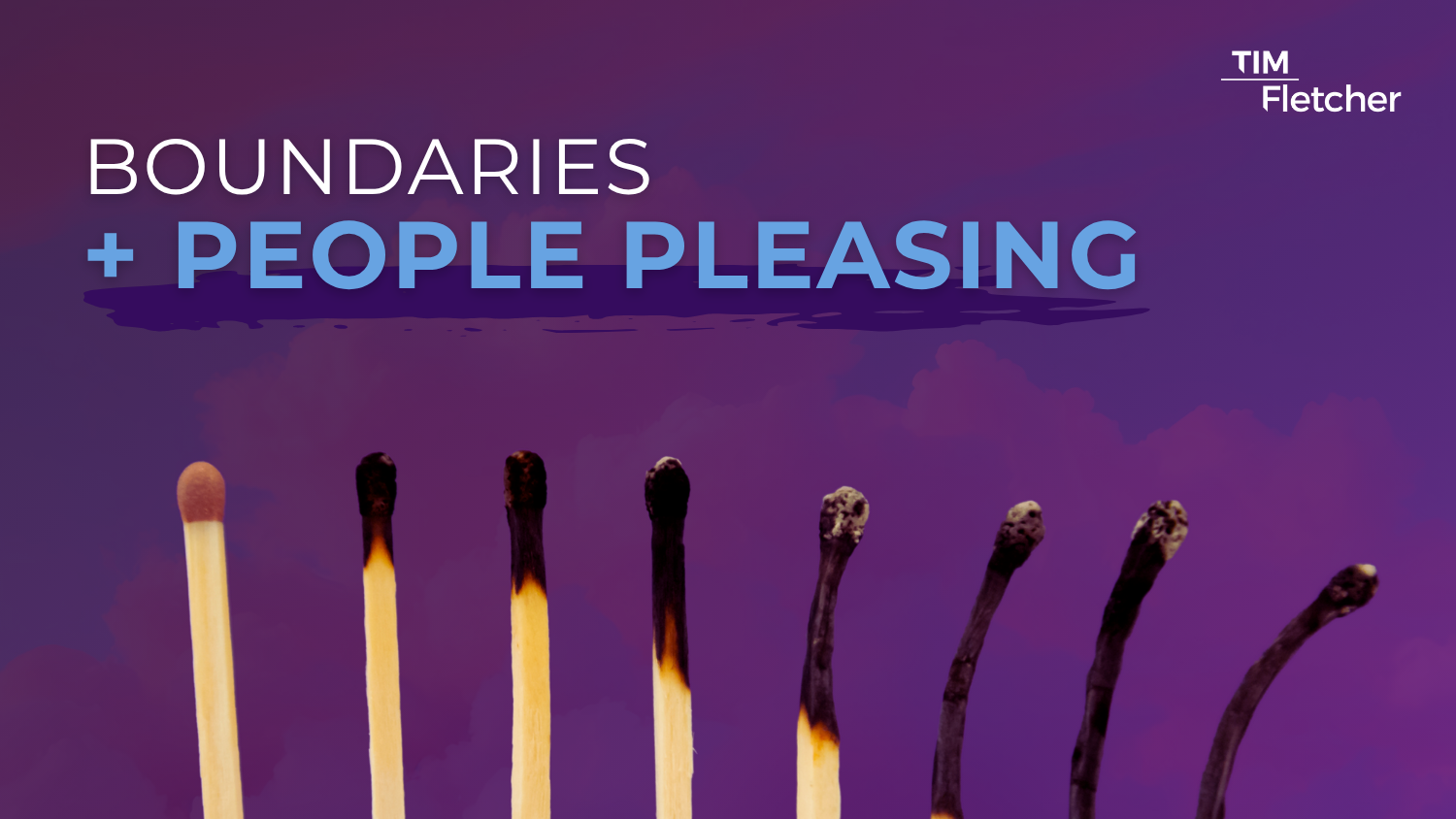Can You Change a Narcissist? Understanding the Complexities of Narcissism
When we hear the term “narcissist,” many of us immediately picture someone self-centered, manipulative, or emotionally distant. It’s a term often used in frustration, especially in relationships where one person feels overshadowed by the other’s constant need for validation. But beneath the surface of this label lies a deeper, more nuanced reality.
Can a narcissist truly change? And if so, what does that change look like?
This question doesn’t have a simple yes or no answer — it’s a journey of discovery that requires us to understand the roots of narcissism, the emotional landscape of those labeled as narcissists, and the role empathy and self-awareness play in the possibility of transformation.
What Is Narcissism?
Narcissism is more than just being self-absorbed or arrogant. At its core, narcissistic traits often develop as a defense mechanism against deep-seated insecurities and unresolved wounds. Many individuals with narcissistic tendencies have faced significant emotional neglect, abandonment, or trauma in their early lives.
This can lead to behaviors that shield them from vulnerability: a need for control, an inflated sense of self-worth, and difficulty forming deep, empathetic connections. While these behaviors may harm relationships, they often stem from a place of emotional survival.
An image of a split face—arrogance on one side, empathy on the other.
The Myth of “Changing” a Narcissist
The idea of “changing” a narcissist is often rooted in frustration, particularly when you’re deeply invested in the relationship. Whether it’s a partner, parent, or close friend, the desire for them to show vulnerability or empathy can feel overwhelming.
But change, especially in the context of personality traits or disorders, doesn’t happen because someone else wants it to. It begins with self-awareness — the realization that their behavior is causing harm and the willingness to confront the pain they’ve been avoiding.
Why Is Change So Challenging?
Several factors make change difficult for those with narcissistic traits:
1. Deep-Seated Fear of Vulnerability: Many narcissistic individuals fear being perceived as weak or unworthy. Opening up about their insecurities can feel like stepping into a battlefield unarmed.
2. Lack of Empathy: This isn’t an intentional disregard for others’ feelings but often a result of their emotional walls. Empathy requires a level of vulnerability that many narcissists struggle to access.
3. External Validation as a Crutch: Instead of internal validation, many narcissists rely heavily on external praise. This makes them resistant to feedback that challenges their self-image.
So, Can a Narcissist Change?
The short answer is: it depends. Change is possible, but it’s often a slow and complex process. It requires a combination of self-awareness, therapy, and a genuine desire to improve their relationships.
Here’s what the journey might look like:
- Acknowledging the Problem: Change starts when the individual recognizes how their behavior affects others.
- Therapeutic Intervention: Working with a therapist skilled in trauma and personality disorders can provide the tools and support needed to address underlying issues.
- Patience and Effort: This journey isn’t linear, and setbacks are common. It takes consistent effort to break deeply ingrained patterns.
What Role Can You Play?
If you’re in a relationship with someone showing narcissistic tendencies, it’s important to set boundaries and prioritize your well-being. Here are a few ways to approach this challenging dynamic:
- Empathy with Limits: While understanding their struggles can foster compassion, it doesn’t mean tolerating harmful behavior.
- Encourage Professional Help: Suggest therapy, not as a way to “fix” them but as an opportunity for growth.
- Know When to Let Go: Sometimes, the healthiest choice for both parties is creating distance.
Focusing on Your Own Healing
If you’ve been affected by a narcissistic relationship, prioritizing your recovery is crucial. Navigating these dynamics can leave you feeling drained, unheard, and emotionally bruised. Reclaiming your voice and sense of self begins with recognizing your worth outside the relationship.
The ALIGN courses are designed to help individuals like you unpack the lingering effects of these relationships and rebuild your confidence. These self-paced courses provide practical tools and compassionate insights tailored to your unique journey.
A Compassionate Perspective
It’s easy to demonize narcissistic behavior, especially when it causes harm. But viewing it through the lens of trauma and survival helps us approach the topic with compassion. This doesn’t excuse harmful actions but reminds us that change, while difficult, is not impossible.
Narcissistic individuals are human, navigating their own challenges and pain. For some, the willingness to address these issues opens the door to healthier relationships and a more fulfilling life. For others, the fear of confronting their vulnerabilities remains a roadblock.
Closing Thoughts
The question of whether a narcissist can change is less about them and more about the dynamics we choose to engage in. Focusing on your well-being, setting clear boundaries, and seeking growth — whether in or out of the relationship — ensures you’re prioritizing your healing journey.
If you’re ready to take that step, explore the ALIGN courses here. It’s never too late to rediscover yourself and create the life you deserve.

































